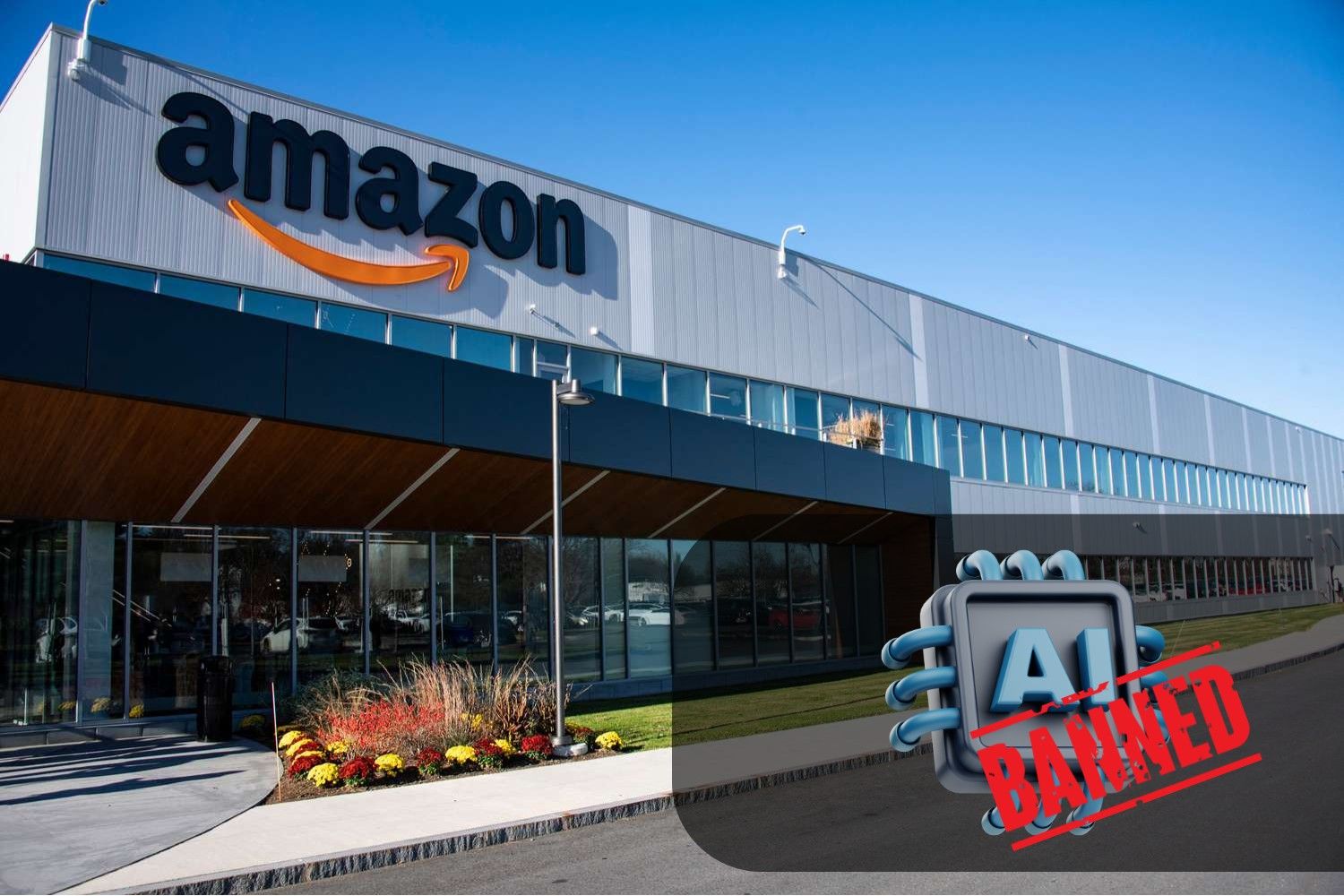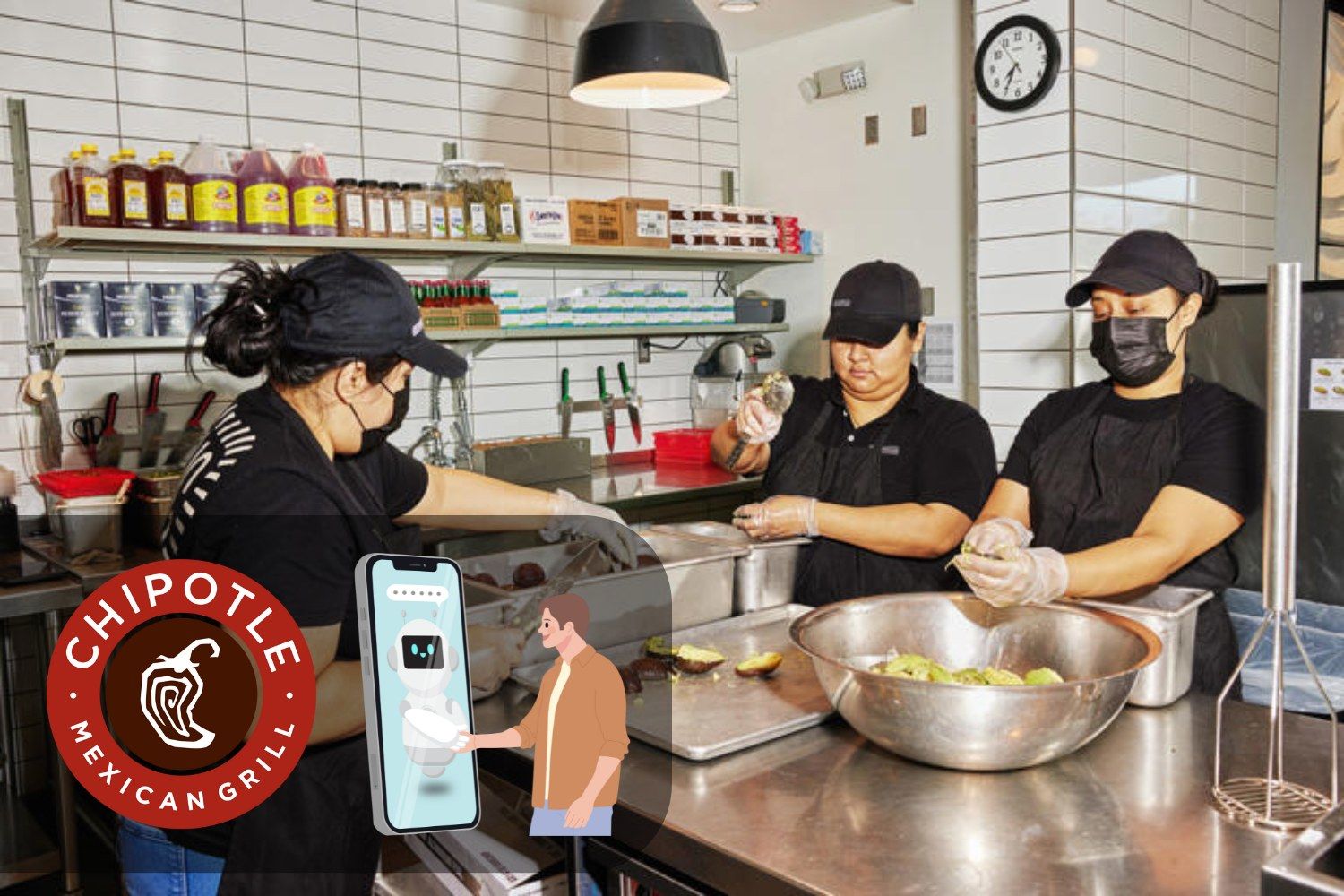Welcome to the first edition of VireUp’s Weekly Digest. We're excited to share the latest hiring and AI-driven recruitment breakthroughs that are truly transforming the future!
From corporate hiring shifts to AI breakthroughs, we’re looking at how these changes affect real hiring decisions. And because hiring tech is evolving fast, we’ll break down what’s working, what’s just hype, and where companies need to rethink their approach.
Let’s get into it.
Amazon Bans AI-Generated Answers in Job Interviews

Amazon Bans ChatGPT in Job Interviews
Amazon just announced that candidates caught using ChatGPT-generated interview answers will be disqualified. It sounds like a crackdown on cheating, but let’s be real—this is just a band-aid to a much bigger problem.
Right now, everyone is gaming the hiring process; AI-written resumes, interview prep guides, and pre-scripted answers are everywhere. So if companies are still relying on unstructured interviews, banning AI responses won’t fix much. Gut-feeling hiring is still gut-feeling hiring, with or without ChatGPT in the mix.
This is exactly why VireUp takes a smarter approach. Our AI is actively red-flagging AI-generated responses by cross-referencing candidate answers with a constantly updated database of ChatGPT-generated replies. If a response sounds eerily familiar, employers get a heads-up. Stopping candidates from using AI is one thing, but companies need better ways to assess talent, and this is only possible with efficient, human-led tools.
Chipotle Turns to AI to Hire 20,000 Workers

Chipotle Hires with AI
Chipotle is putting AI to work in its hiring process, rolling out Ava Cado, a virtual hiring assistant, to help recruit 20,000 new employees ahead of its busiest season. The AI-driven system guides candidates through applications, answers FAQs, schedules interviews, and even extends job offers—all in an effort to speed up hiring and handle high applicant volume efficiently.
Since launching Ava Cado, application numbers have doubled, and Chipotle has cut hiring time in half, dropping from eight days to just four. With such a massive hiring demand, automating parts of the process makes sense, but it also raises an interesting question: How much of hiring should be left to AI?
AI can absolutely improve efficiency, but hiring isn’t just about filling slots; it’s about finding the right people. As AI hiring tools evolve, companies will need to strike the right balance between automation and human decision-making to ensure they’re not just hiring faster but also hiring smarter.
Workday and Randstad Join Forces

Workday and Randstad Join Forces
Last week, a major AI hiring partnership happened. Workday and Randstad teamed up to streamline hiring using AI-powered matching. The main goal is to combine Workday’s AI talent tools with Randstad’s recruitment expertise to make matching candidates to roles faster and more efficient.
So, what’s actually happening here?
Workday’s AI will analyze candidate data at scale, matching applicants to job roles based on skills, past experience, and industry trends. Randstad brings human expertise, ensuring that AI isn’t just making assumptions but actually improving hiring outcomes. This aims to speed up hiring without sacrificing quality. The goal is better matches, not just faster placements.
This partnership is a step in that direction, especially for companies constantly hiring at scale. The real impact will depend on how well AI recommendations align with real-world hiring needs and how companies use that data to make better decisions.

